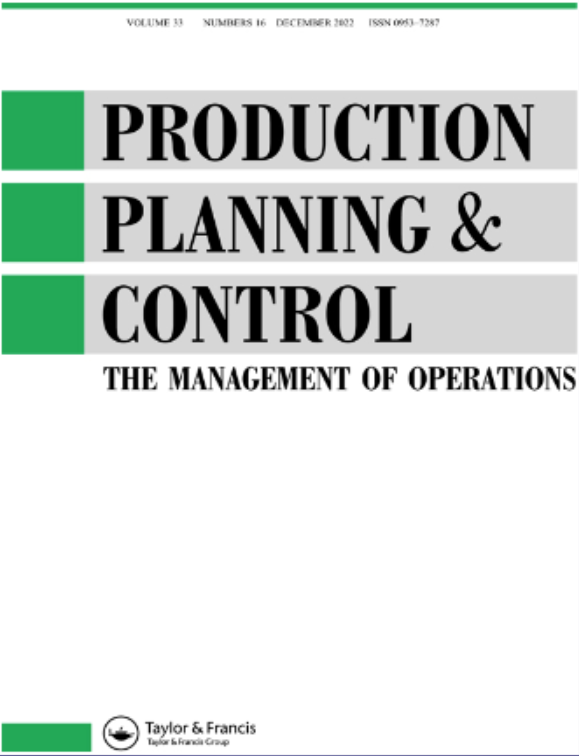快速和节俭的启发式:探索建立一个自适应工具箱来评估返工的不确定性
IF 5.4
3区 管理学
Q1 ENGINEERING, INDUSTRIAL
引用次数: 0
摘要
在建筑生产系统中进行返工是组织面临的最昂贵的浪费,其原因尚未在实践中得到充分理解。由于关于返工频率和原因的信息有限,任何评估返工风险的努力都会带来挑战,这使得统计模型的使用无法测量。研究表明,在不确定和认知复杂性的条件下,快速和节俭的启发式能够使认知成功——它们准确、快速,并且依赖于有限的信息。因此,本文提出了以下研究问题:快速节俭启发式如何有效评估施工返工的不确定性?生态理性的理论框架为探索这个问题的有限理性提供了一个环境结构,使一个人的“适应性工具箱”能够为不同的认知和实用主义决策量身定制快速和节俭的启发式。在运输基础设施大型项目(> 180亿澳元)的建设过程中,提出了围绕返工存在深刻不确定性的情况。启发式,直观地从个人的适应性工具箱中提取,用于形成判断,以评估返工的不确定性。本文讨论了本文的理论和实践意义,然后提出了未来研究的建议,以帮助建立一个强大的自适应工具箱,用于评估施工中返工的不确定性。本文章由计算机程序翻译,如有差异,请以英文原文为准。
Fast-and-frugal heuristics: an exploration into building an adaptive toolbox to assess the uncertainty of rework
Performing rework within the production system of construction is the most expensive waste that confronts organisations, with its causation yet to be fully understood in practice. Any effort to assess the risk of rework poses challenges due to limited information about its frequency and causes, rendering the use of statistical models immeasurable. Research has shown that fast-and-frugal heuristics enable epistemic success under conditions of uncertainty and cognitive complexity – they are accurate, fast, and rely on limited information. Thus, this paper proposes the following research question: How can fast-and-frugal heuristics effectively assess the uncertainty of rework in construction? The theoretical framing of ecological rationality provides an environmental structure for bounded rationality to explore this question, enabling a person’s ‘adaptive toolbox’ of fast-and-frugal heuristics tailored for different epistemic and pragmatic decisions to be utilised. Situations during the construction of a transport infrastructure mega-project (>AU$18 billion) where there was profound uncertainty surrounding rework are presented. The heuristics, intuitively drawn from an individual’s adaptive toolbox used to form judgments to assess the uncertainty of rework, are identified. The theoretical and practical implications of the paper are discussed before presenting suggestions for future research to help build a robust adaptive toolbox to be utilised for assessing the uncertainty of rework in construction.
求助全文
通过发布文献求助,成功后即可免费获取论文全文。
去求助
来源期刊

Production Planning & Control
管理科学-工程:工业
CiteScore
19.30
自引率
9.60%
发文量
72
审稿时长
6-12 weeks
期刊介绍:
Production Planning & Control is an international journal that focuses on research papers concerning operations management across industries. It emphasizes research originating from industrial needs that can provide guidance to managers and future researchers. Papers accepted by "Production Planning & Control" should address emerging industrial needs, clearly outlining the nature of the industrial problem. Any suitable research methods may be employed, and each paper should justify the method used. Case studies illustrating international significance are encouraged. Authors are encouraged to relate their work to existing knowledge in the field, particularly regarding its implications for management practice and future research agendas.
 求助内容:
求助内容: 应助结果提醒方式:
应助结果提醒方式:


